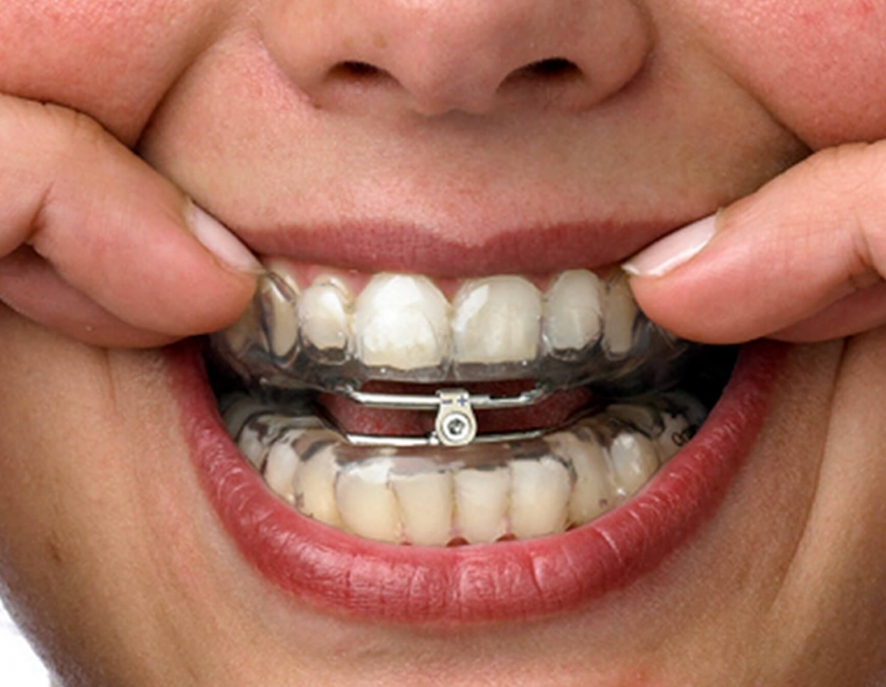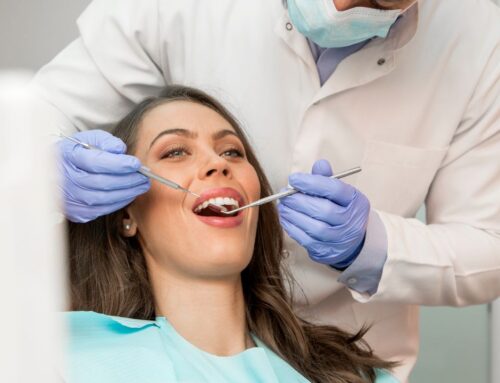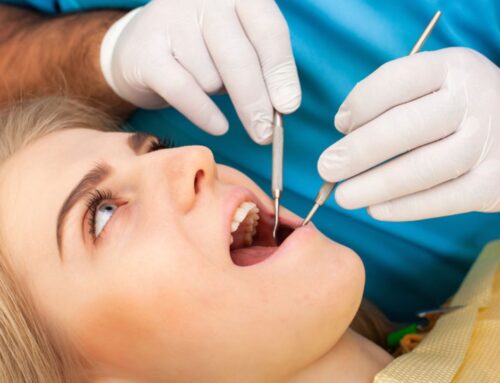
Sleep apnea is a disorder that occurs when a person is sleeping. The sufferer’s breathing is interrupted during sleep due to a blocked airway. The brain fails to signal the muscles that control the breathing and the person can’t get continuous sleep.
What Are The Types of Sleep Apnea?
There are three types of sleep apnea:
Obstructive Sleep Apnea: Obstructive sleep apnea occurs when the upper airway is partially or completely blocked during sleep. It is the most common form of sleep apnea but can be treated using oral appliance therapy.
Central Sleep Apnea: Central sleep apnea is caused when the brain fails to signal the muscles of your nasal organ because of the instability caused in the respiratory system. This is a far more severe problem related to the central nervous system and cannot be treated by oral appliance therapy.
Mixed Sleep Apnea: Although not as common as the other two, the risk of developing mixed sleep apnea is very likely. Mixed apnea is the result of both obstructive and central sleep apnea combined.
What Causes Sleep Apnea?
Obstructive sleep apnea is caused by a blockage of the airway. Central sleep apnea is more likely to happen in a patient suffering from a central nervous system dysfunction, such as neuromuscular diseases or stroke. Patients with heart failure may also develop sleep apnea.
What Are Some Symptoms Of Sleep Apnea?
Since the symptoms of obstructive sleep apnea are more likely recognized by a partner or someone who sleeps next to or near the person, you should ask them. Here are some signs that you might be suffering from (obstructive sleep apnea) OSA.
- Snoring
- Feeling fatigued
- Dry mouth or sore throat
- Waking up with a sensation of choking
- Headaches
- Trouble focussing
- Forgetfulness
- Irritability
For children suffering from OSA, here are some symptoms to look out for:
- Poor school performance
- Sluggishness or sleepiness
- Daytime mouth breathing
- Excessive sweating at night
- Bedwetting
Who Is At Risk?
People of all ages, including adults and children, are at risk of developing sleep apnea. People who are overweight are twice as likely to get obstructive sleep apnea. In addition, physical traits, including a large neck, a deformed nasal structure, enlarged tonsils and a small jaw can contribute to OSA.
What To Do When You’re Suffering From Sleep Apnea?
If you are suffering from OSA, you will be offered various treatment options like treating the condition with Continuous Positive Airway Pressure or CPAP therapy, or oral appliance therapy.
How Does Oral Appliance Therapy Work?
For patients suffering from mild to moderate obstructive sleep apnea, oral appliance therapy can help immensely. An oral appliance is a dental appliance that looks like a boxer’s mouth guard called a mandibular advancement device. The role of oral appliances is to prevent the tongue from blocking the throat and advance the lower jaw forward. This eventually opens up the airway and allows air to pass through during sleep.
How To Order an Oral Appliance For Sleep Apnea?
An oral appliance is constructed by a dentist most of the time. During a consultation session, you and your dentist will sit for an evaluation. During the evaluation, the dentist will decide if you are a suitable candidate for the treatment before taking an impression of your teeth. Then, your dentist will make the device and call you back for the trial. Your dentist will also provide you a morning repositioner to realign your bite after the appliance is removed.
What Are Some Benefits Of Oral Appliance Therapy?
Here are some benefits of oral appliance therapy for sleep apnea:
- Improves breathing
- Improves sleepiness
- Boosts memory & concentration
- Affordable than CPAP
- Eliminates snoring
- Enhances memory
- Works without electricity
- Noiseless compared to CPAP
Sleep Apnea Treatment in NC
In conclusion, we suggest you look at the symptoms and see how many of them tick the boxes. If you see one or more symptoms, you may have sleep apnea. Therefore consult a doctor immediately for the diagnosis. It’s worth noting that if this ailment is left untreated, it may cause stroke, hypertension, cardiomyopathy, heart failure, etc. To get your oral appliance, you can seek help from us.
Our Harrisburg NC Dentist Office
To learn more about dental treatments from Icard & Strein Family Dentistry, or to schedule an appointment, call our Harrisburg, NC dental office today at 704.455.5003.



